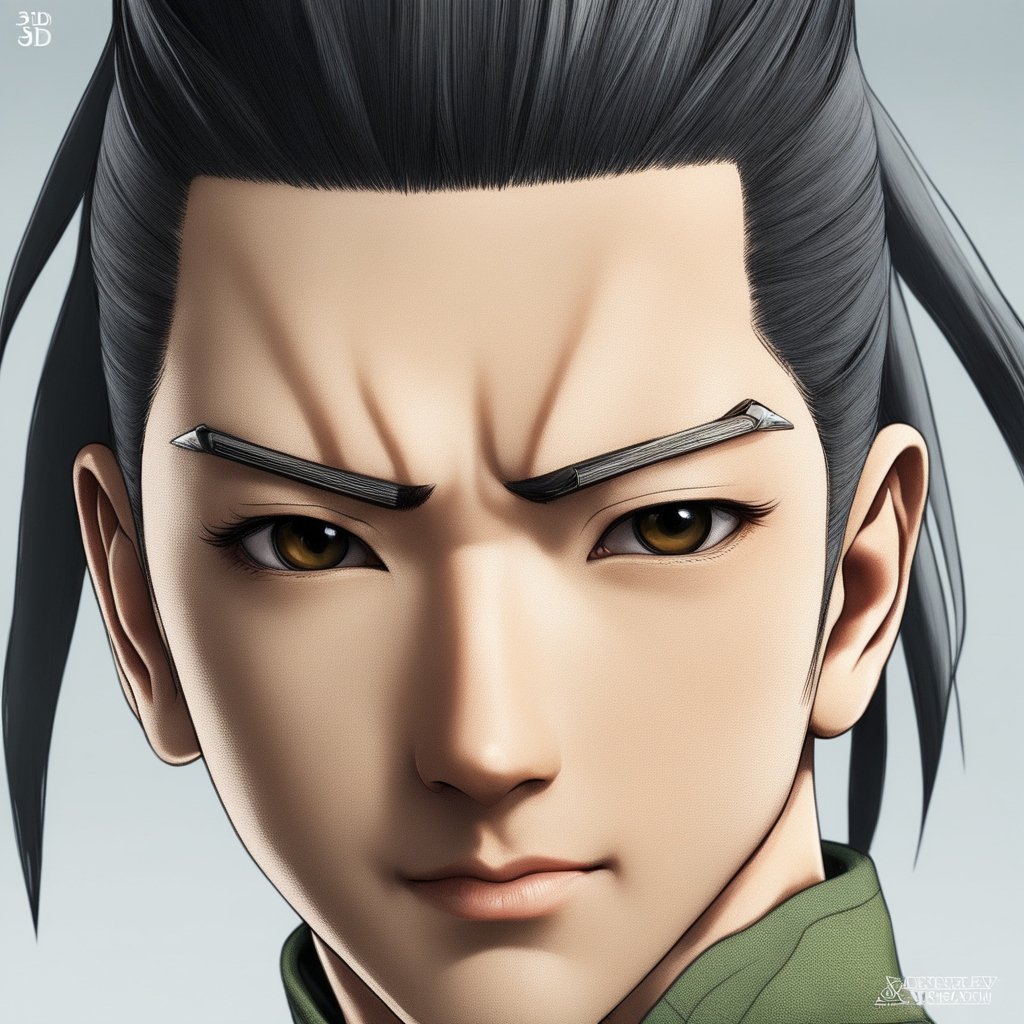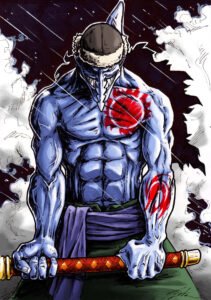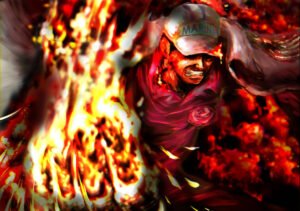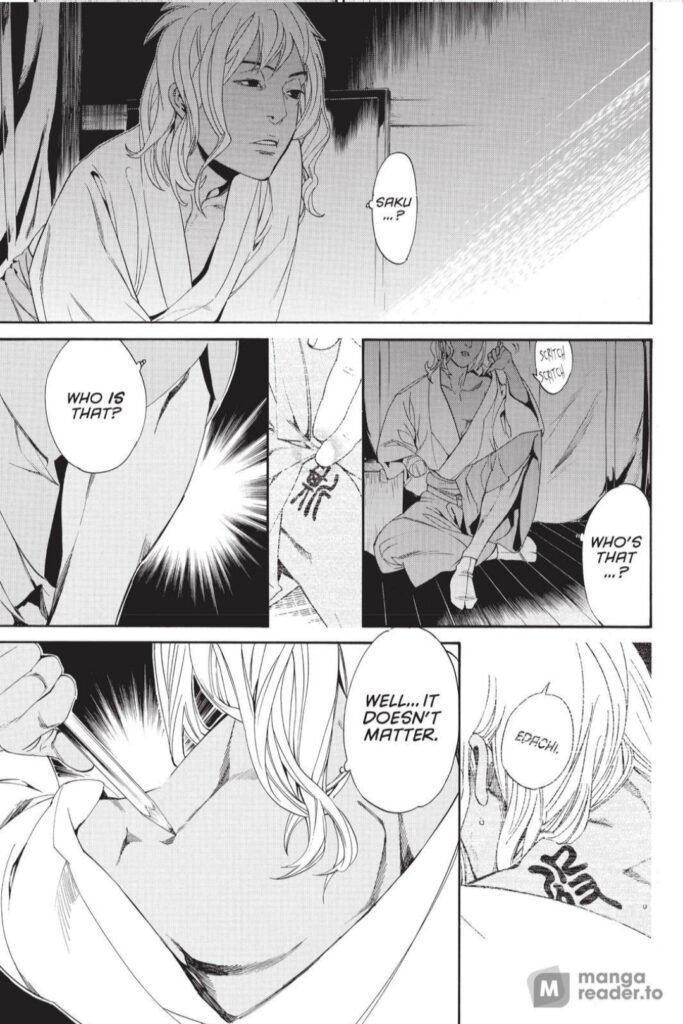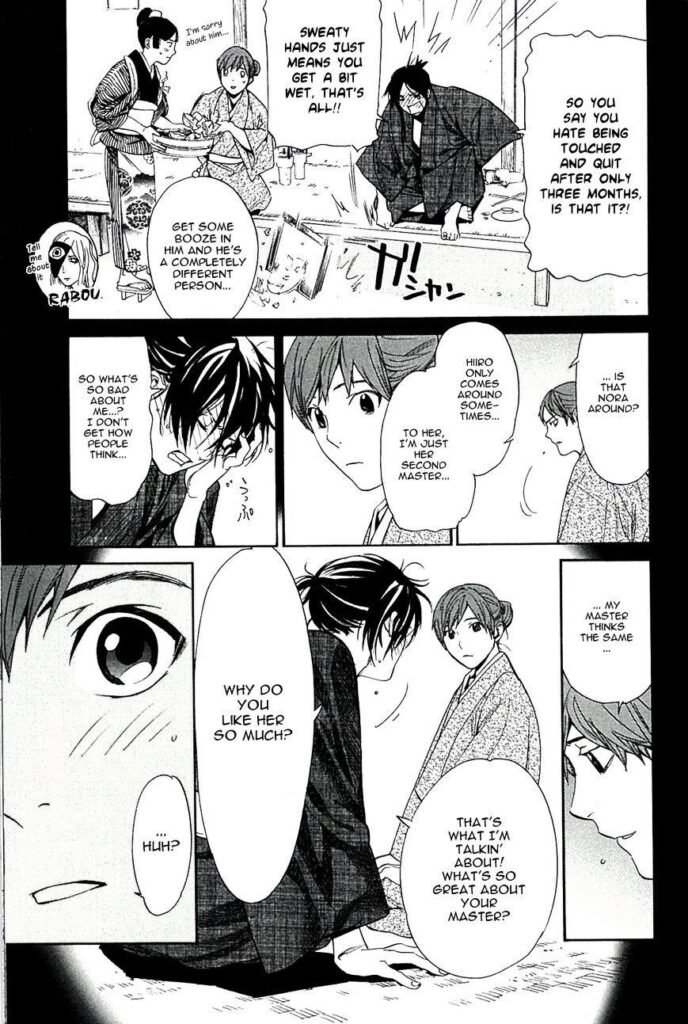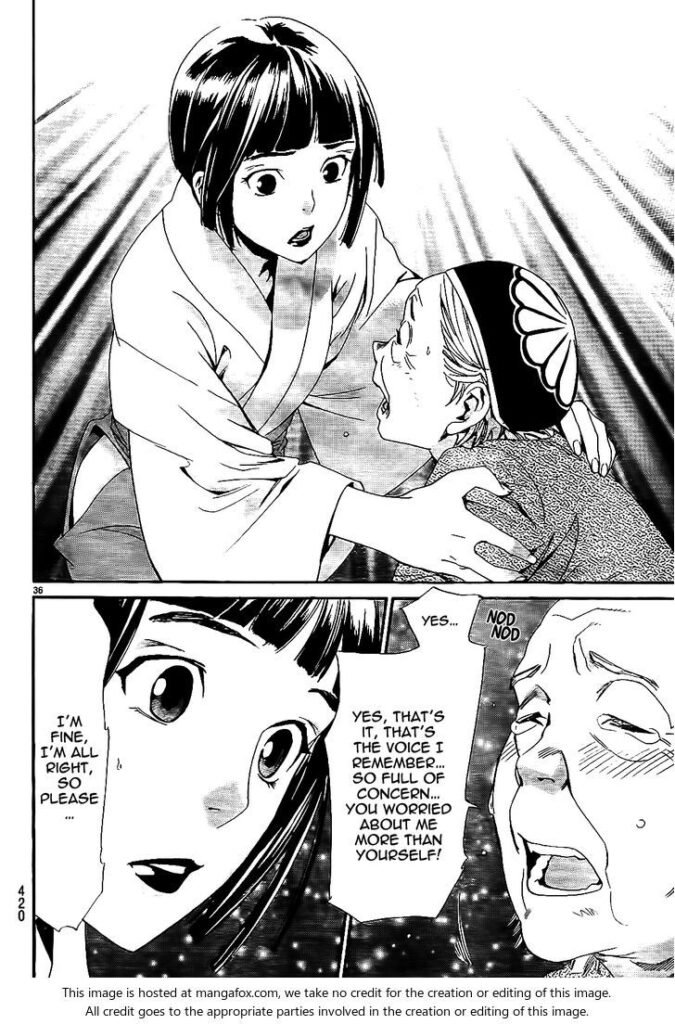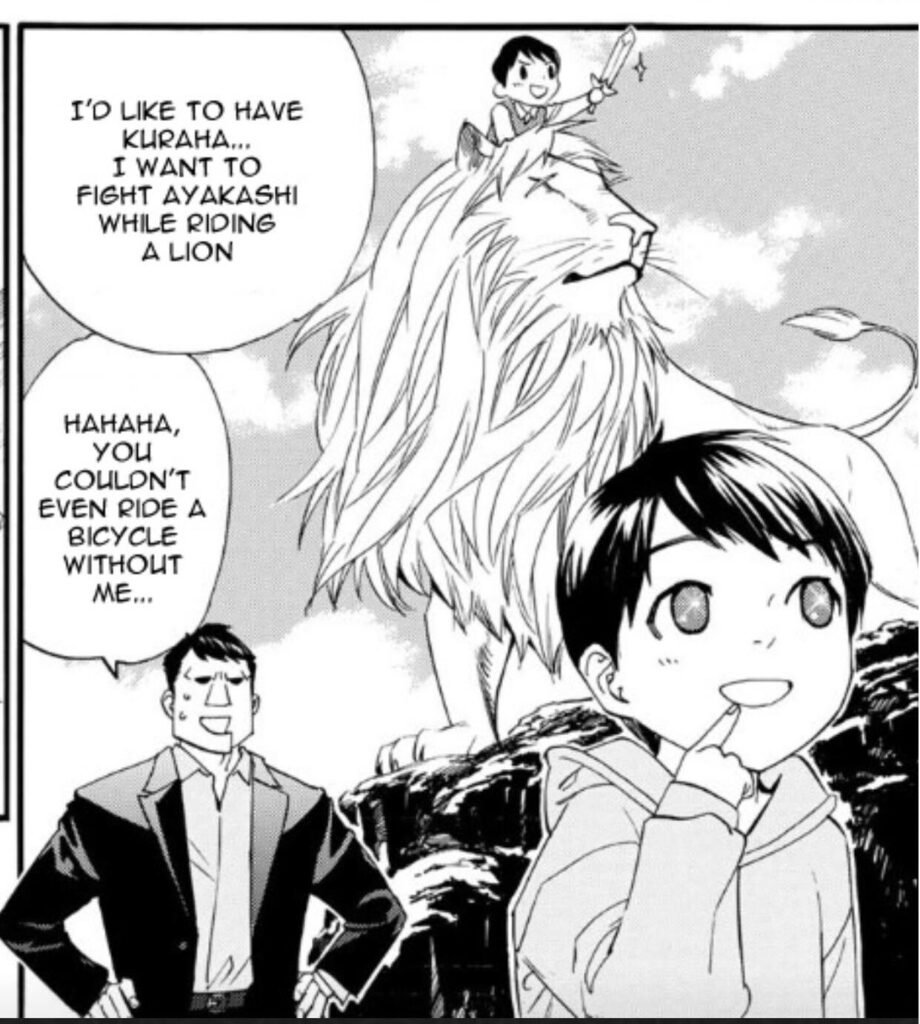- In the game of life, strategy is the key to survival. I may not show it, but my mind is a battlefield, constantly calculating moves and countermoves to navigate the complexities of our world.
- Brilliance lies not in complexity but in simplicity. The smartest move is often the one that requires the least effort. That’s the essence of true strategic thinking.
- In the silence of contemplation, strategies are born. I don’t rush into battles; I let them unfold, patiently waiting for the perfect moment to make my move, just like a game of shogi.
- A true leader doesn’t just see the pieces on the board; they understand the entire game. My strategic brilliance isn’t about flashy moves; it’s about foreseeing the future and guiding my team towards victory.
- The mind is the most powerful weapon on the battlefield. My brilliance lies not in overpowering my opponents but in outsmarting them—making every move count and leaving no room for chance.
- Laziness is not a weakness; it’s a disguise for efficiency. Why do today what you can do tomorrow? The key is knowing when to act, conserving energy for the battles that truly matter.
- In the art of war, appearing lazy is my secret weapon. It’s not about avoiding work; it’s about conserving energy for the strategic moments that demand my full attention.
- Laziness is the camouflage of the intelligent. I may seem indifferent, but in that apparent apathy lies the keen observation and analysis that make me a force to be reckoned with.
- The power of laziness is not about avoiding responsibility; it’s about choosing battles wisely. I conserve my energy for the fights that require a tactical genius, making every move count.
- Laziness is a misinterpretation of my strength. It’s not about avoiding challenges; it’s about approaching them with a clear mind, unburdened by unnecessary distractions.
- A true leader doesn’t command; they inspire. My role is not to dictate every move but to guide my team with wisdom, encouraging them to discover their own strengths.
- Leadership is not about being the strongest; it’s about understanding the strengths of each member and orchestrating a harmonious symphony of abilities. A good leader makes their team shine.
- In the art of leadership, silence speaks volumes. I may not say much, but my actions and decisions resonate with the trust and respect I have for my team.
- Mentorship is about more than just passing on techniques; it’s about sharing experiences and imparting the wisdom gained from both victories and defeats. I guide my students not just in battle but in life.
- A leader is defined by the legacy they leave. My leadership is not about dominance; it’s about nurturing the potential in others and ensuring the flame of wisdom continues to burn in the hearts of the next generation.
- In the tapestry of life, friendships are the threads that give it color and depth. My bonds with my friends are not just connections; they are the very fabric that weaves the story of our existence.
- Friendship is not about constant presence; it’s about knowing that even in the absence, the connection remains unbroken. My friends are my anchors in the storm of life.
- Bonds forged in battle are unbreakable. My friends are not just allies; they are comrades who’ve stood by my side through victories and defeats, creating a tapestry of shared experiences.
- In the chaos of life, friends are the constants that anchor us. Our bonds are not just circumstantial; they are the foundation upon which the structure of our shared adventures stands.
- True friendship transcends words. With my friends, silence is not an absence of conversation but a symphony of understanding that needs no verbalization.
- The shadows are not just a refuge; they are my canvas, a space where I paint the strategies that dictate the flow of battle. In the dance of shadows, victory takes shape.
- Shadow manipulation is not just a jutsu; it’s an extension of my mind. It’s the art of foreseeing the opponent’s moves and orchestrating the perfect counter, like a grandmaster in a game of shogi.
- In the realm of shadows, I am the conductor orchestrating the movements of the pieces on the board. Shadow manipulation is not just a technique; it’s a manifestation of my strategic brilliance.
- The shadows are not just darkness; they are my allies. With shadow manipulation, I navigate the battlefield like a tactician playing the most intricate game of chess, always thinking several moves ahead.
- In the shadowy realm, I find clarity. Shadow manipulation is not just about ensnaring
- The Chunin Exam was not just a test of strength; it was a crucible of growth. In the midst of challenges, I discovered the depths of my strategic prowess, proving that true strength lies in intelligence and adaptability.
- The Chunin Exam wasn’t about flashy techniques; it was a showcase of intellect. Each move, each decision in that arena reflected not just skill but the careful calculations of a mind always one step ahead.
- In the Chunin Exam, battles were not just physical; they were psychological chess games. Winning wasn’t about overpowering opponents; it was about outthinking them, turning the field into a canvas for my strategic artistry.
- The Chunin Exam wasn’t just a rite of passage; it was a declaration of my capabilities. It showcased that the true measure of a shinobi goes beyond brute strength, emphasizing the significance of intellect and foresight.
- Challenges in the Chunin Exam weren’t obstacles; they were opportunities to showcase the power of the mind. Every opponent became a piece in the game, and the outcome wasn’t just about winning but about proving the might of strategy.
- Responsibility is not a burden; it’s a calling to protect what matters. As a ninja of the Hidden Leaf, my duty goes beyond personal desires—it’s a commitment to safeguard the village and its people.
- In the world of shinobi, duty is not just an obligation; it’s a pact with the shadows. My responsibilities extend beyond myself, intertwining with the fate of the village and its inhabitants.
- Duty is not a shackle; it’s a compass guiding me through the complexities of life. As an advisor and protector of the Hidden Leaf, I bear the weight of responsibility, knowing that every decision shapes the destiny of those under my care.
- To carry out one’s duty is not just a task; it’s a sacred trust. The responsibilities I shoulder are not burdens; they are threads that weave the intricate tapestry of the village’s safety and prosperity.
- In the realm of duty, there is no room for complacency. Responsibilities are not just assignments; they are a commitment to excellence, an unwavering dedication to ensuring the well-being of the village I call home.
- Shogi is not just a game; it’s a mirror reflecting the principles of life. In every move, I see the parallels between the board and the world, where strategy, foresight, and adaptability reign supreme.
- The pieces on a shogi board are not just tokens; they are representations of life’s challenges and opportunities. Each move is a decision that shapes the unfolding narrative of the game, much like our journey through existence.
- Shogi teaches us that victory is not just about overpowering opponents; it’s about outsmarting them, understanding the ebb and flow of the battlefield. Life, like shogi, is a constant game of strategy.
- The beauty of shogi lies in its simplicity and complexity. It’s not just a game; it’s a metaphor for the intricate dance of life, where every decision resonates in the grand scheme of existence.
- In the game of shogi, every move is a choice, and every choice has consequences. Life is no different; it’s a series of moves and decisions that shape the narrative of our personal and collective journeys.
- Asuma was more than a mentor; he was a guiding light in the shadows of my journey. His teachings went beyond techniques, imparting the wisdom that shaped not just my skills but my outlook on life.
- In Asuma, I found not just a teacher but a comrade on the path of life. His influence extended beyond the training grounds, weaving into the fabric of my existence and shaping the person I’ve become.
- Asuma’s legacy isn’t just a memory; it’s a living presence in my philosophy and actions. His impact on my life goes beyond the training; it’s a profound connection that transcends time and space.
- The bond with Asuma wasn’t just about learning techniques; it was about understanding the essence of duty, responsibility, and the sacrifices one makes for the greater good. He was not just a mentor but a beacon of wisdom.
- Asuma’s teachings were not confined to the art of combat; they extended to the art of living. He wasn’t just a sensei; he was a friend who shared the journey, leaving behind lessons that echo in my choices and actions.
- Life is a shogi board, and every decision is a move. The key lies in understanding the game, foreseeing the consequences, and playing with the wisdom that turns challenges into opportunities.
- In the grand theater of existence, life’s challenges are not obstacles but plot twists. The philosophy is not just about overcoming hurdles; it’s about embracing the narrative and finding purpose in every twist and turn.
- Life is a tapestry woven with threads of joy, sorrow, victories, and defeats. The philosophy is not just about navigating the threads but about recognizing the beauty that emerges when the colors blend seamlessly.
- The philosophy of life is not about escaping the shadows but about finding clarity within them. It’s about recognizing that challenges are not adversaries but opportunities for growth and self-discovery.
- To live is not just to exist; it’s to navigate the intricate dance of joy and sorrow, victories and defeats. The philosophy is not about avoiding the dance but about mastering the steps, finding meaning in every rhythm and beat.
Strategic Brilliance
The Power of Laziness
Leadership and Mentorship
Friendship and Bonds
Shadow Manipulation Jutsu
Chunin Exam Arc
Responsibility and Duty
Shogi as a Metaphor
Relationship with Asuma Sarutobi
Philosophy of Life

